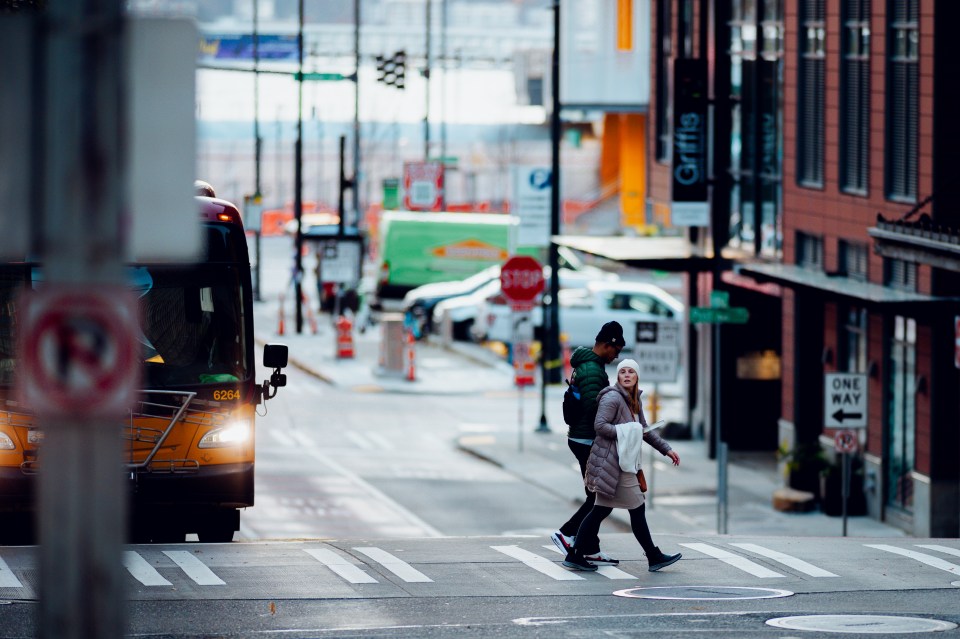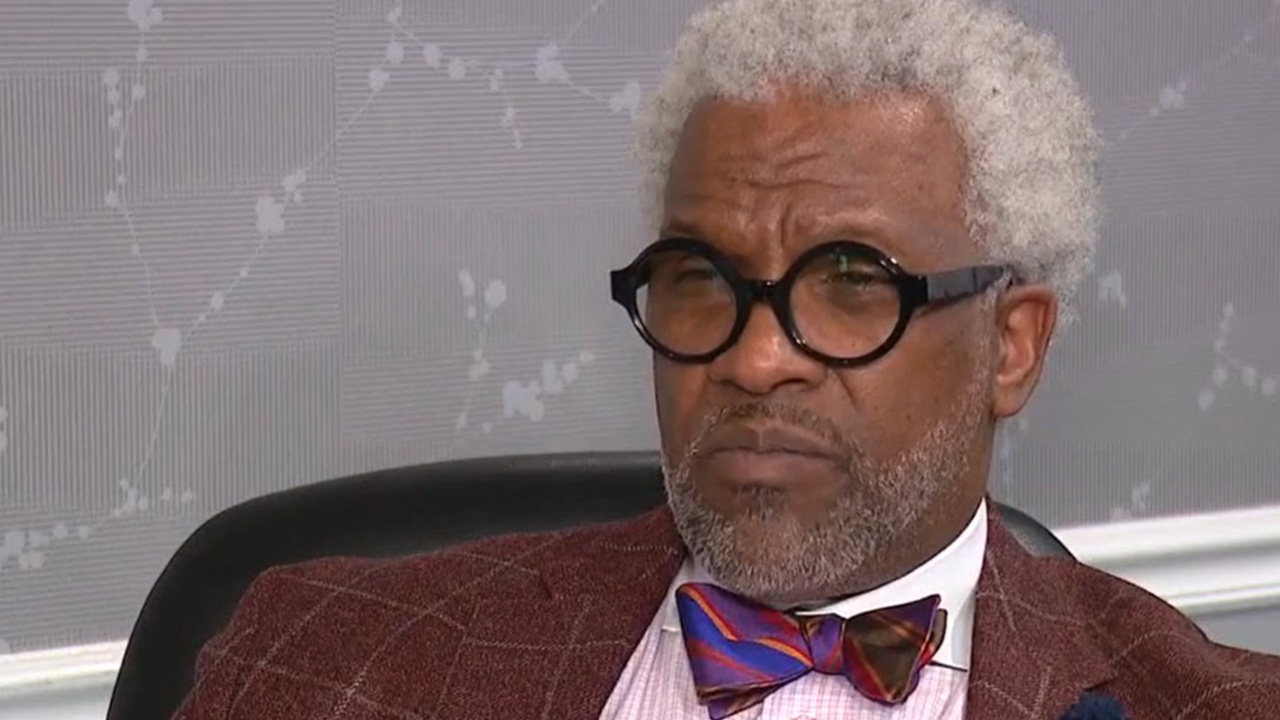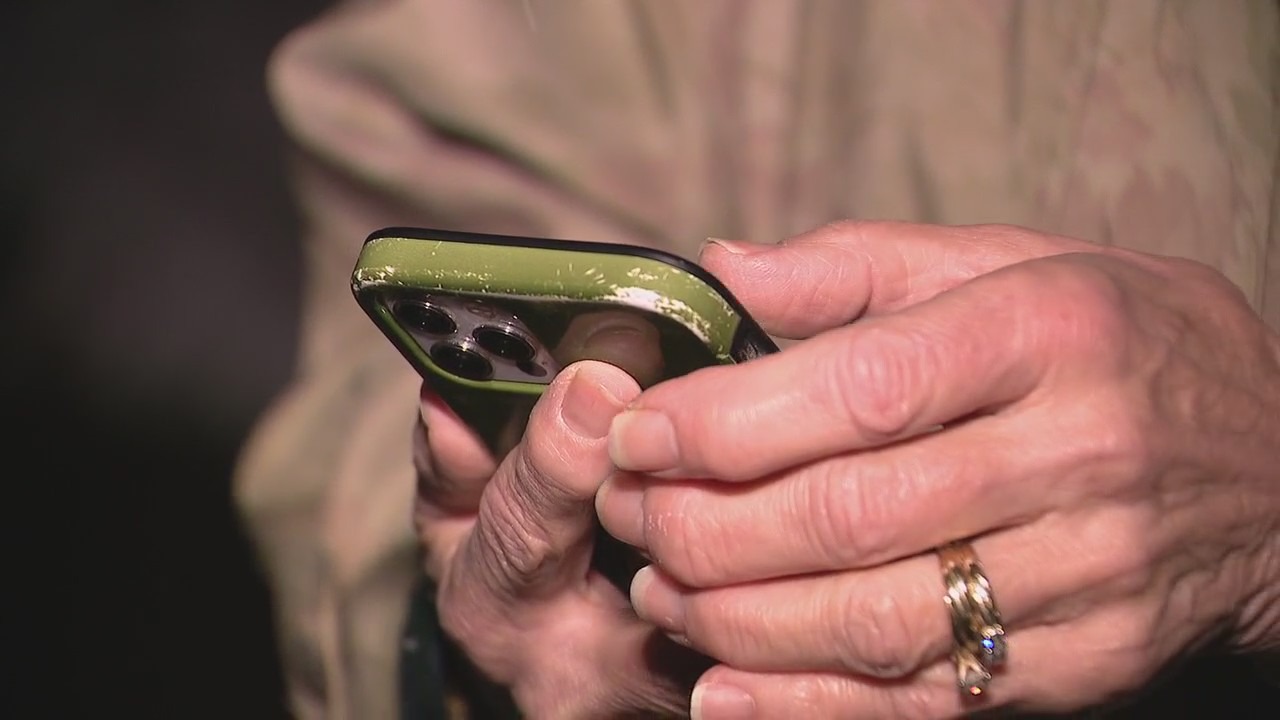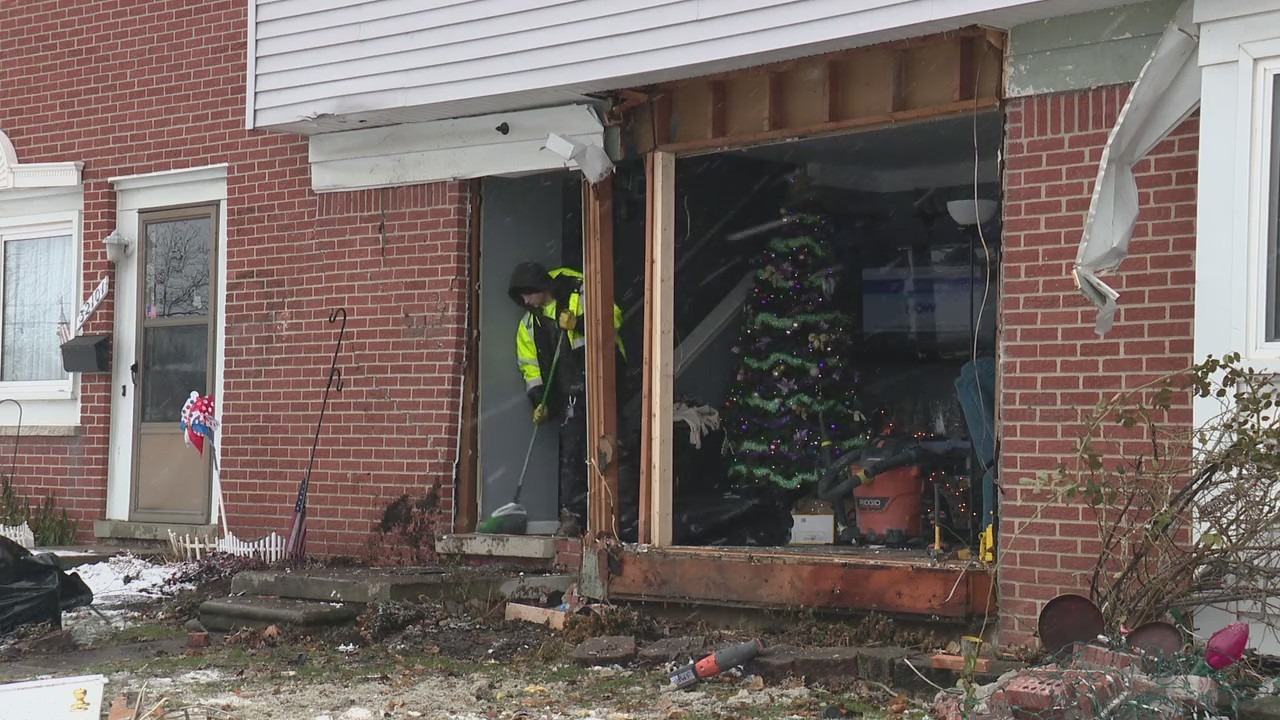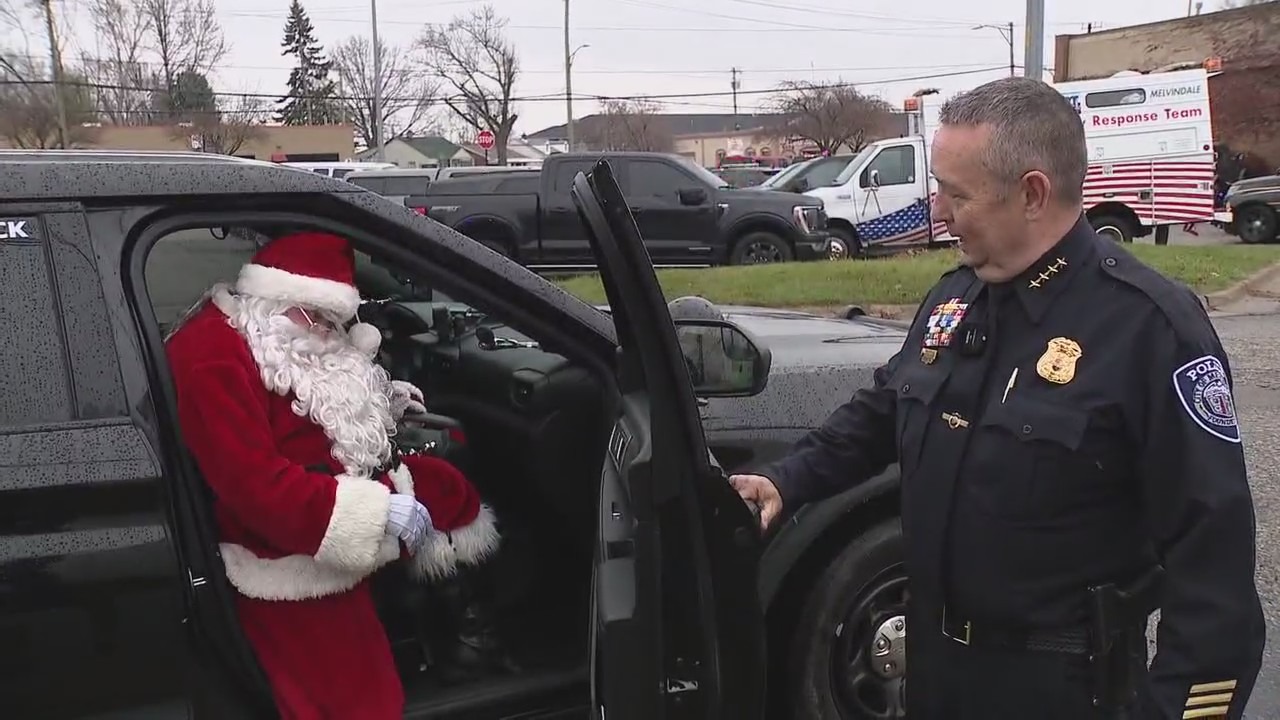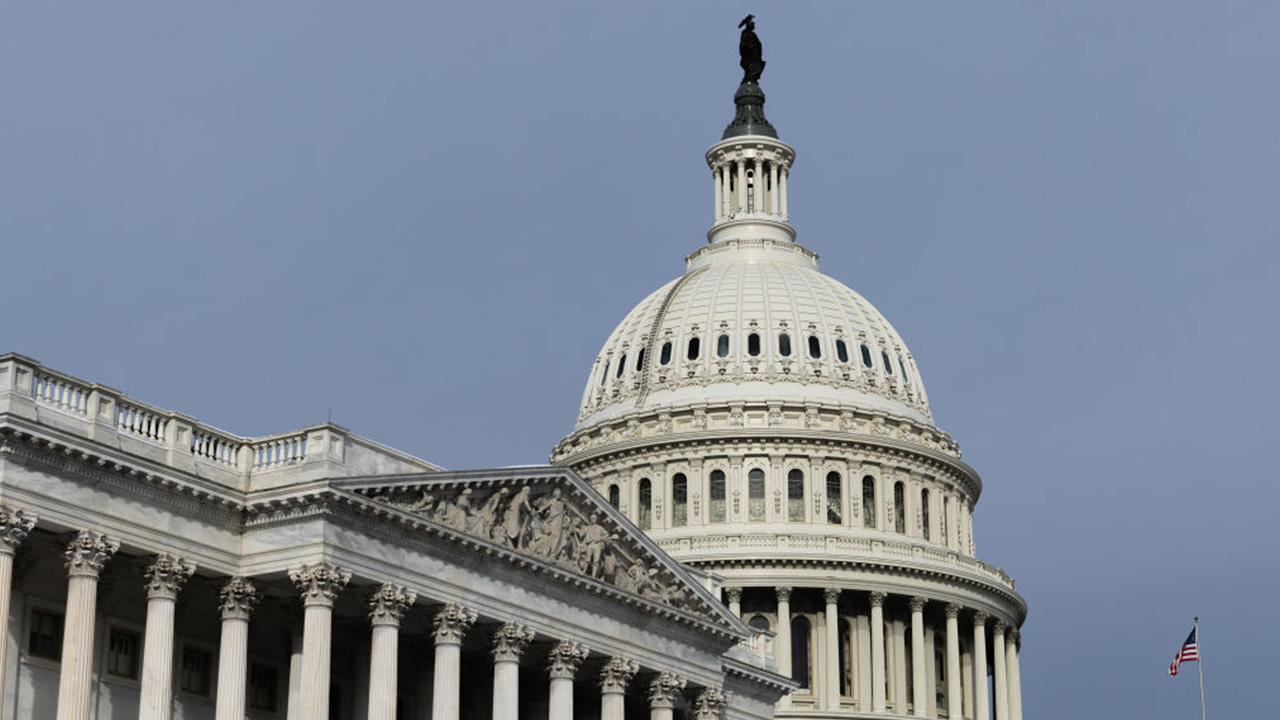Raising Minimum Wage: Perspectives From Healthcare and Fast Food Industries
There are a range of responses and effects to the plan to raise the minimum wage for health care and fast food workers in California.
In San Francisco, the owner of the McDonald’s at Stonestown Mall says he’s closing the restaurant in part because the minimum wage is going up. On the other hand, healthcare workers probably won’t get their pay raise on July 1 until October.
Dr. Lori Viramontes’ medical assistant said, “We do a lot of work for what we get paid for.”
Lori Viramontes has worked in health care for over 20 years.
The minimum wage for hundreds of thousands of California’s lowest-paid healthcare workers will go up to $25 an hour on July 1.
Viramontes is not affected by that order. But she says it will hurt a lot of other low-paid healthcare workers.
“I feel in private practice, they overwork you and they underpay you by far,” Viramontes said.
A health care worker named Torianna Finley said, “They should be paid for all the hard work they do.” The most recent figures from the UC Berkeley Labor Center say that the law will help about 426,000 workers. That includes, among other things, medical helpers, front desk workers, medical billers, patient techs, janitors, and people who serve food.
Any low-wage health worker who works for a facility that has to follow the rules has to follow them. It doesn’t matter if those workers are in a union or not.
California is short $46 billion, so Democrats in the state decided to push back the planned increase in the minimum wage for healthcare workers until October 15.
The pay raise will happen if the state’s finances get better or if the state can get federal money.
If that doesn’t happen, the rule and the pay raise might not start until January 1, 2025.
John Logan is a professor at San Francisco State University and the head of the Department of Labor and Economics. He says that raising the minimum wage is necessary and that it’s very hard to find and keep some healthcare workers.
“We are also doing it to make sure we have the health care workers that we need now and we’re going to desperately need in the future,” he said.
For people who work in fast food, the state raised the minimum pay to $20 an hour in April.
The McDonald’s owner at Stonestown Galleria says it was very hard to decide to close. He disagreed with the building’s landlord over a lease term, and the costs of running the restaurant were going up because of things like the new $20-an-hour minimum wage for fast food workers required by the state.
Chris Thornberg, head of Beacon Economics, said, “It affects the part of the market that is already on the edge.”
“When you raise the minimum wage, that either has to come out of the manager or the owner’s pocket, or it gets passed along to the consumer in the form of a higher price,” Thornberg said.
The effects of higher minimum pay are beginning to show. According to Thornberg, there will be fewer places, prices will go up, and the unemployment rate for 16–19-year-olds has gone up ABC7NEWS stated.
Some say that people who work for us and take care of us should be paid more and that the wage increases will lead to changes in other states and businesses.

